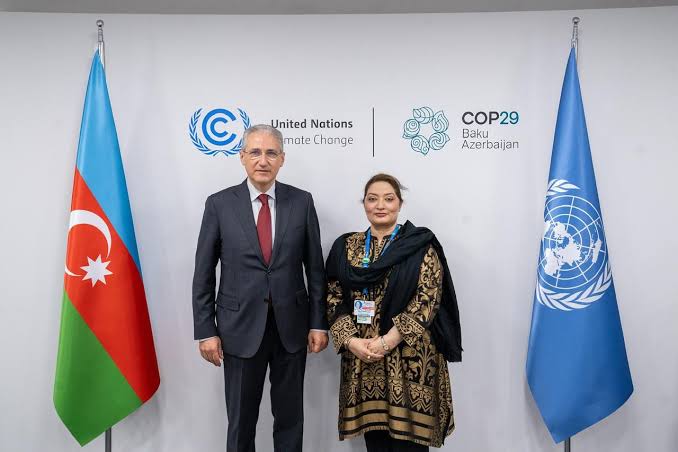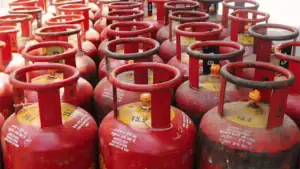Islamabad: January 06, 2025: Coordinator to the Prime Minister on Climate Change and Environmental Coordination, Romina Khurshid Alam said Pakistan’s achievements at COP29 have strengthened its commitment to adopting international carbon trading guidelines. She emphasized the need for robust monitoring and validation systems, which are essential for the successful operationalization of carbon markets. Speaking as a chief guest at the “Post COP Dialogue on operationalization of article 6 of the Paris agreement:
The road from Baku to Belem” arranged by Sustainable Development Policy Institute (SDPI), Ms. Romina highlighted the significance of the outcomes of COP29 held in Baku, particularly the approval of carbon guidelines, which she described as a key milestone in the global journey toward climate action. “With the government actively collaborating with provincial and international stakeholders, Pakistan is positioning itself to capitalize on carbon trading, aiming to unlock new opportunities for green development and sustainable climate action”, she added. She emphasized the importance of article 6 for Pakistan, noting that it offers an unprecedented opportunity to develop robust global carbon markets crucial for achieving the country’s low-carbon growth and adaptation objectives. For Pakistan, these mechanisms are not merely technical solutions but essential strategic tools for sustainable development and climate resilience. “The approval of the carbon guidelines marks a historic step forward. Pakistan is ready to implement these guidelines with integrity, transparency, and ambition. We are aligning our institutional frameworks with these global standards to attract investment, ensure environmental integrity, and build confidence in our carbon market,” said Ms. Romina. Highlighting Pakistan’s potential to leverage carbon markets, Ms. Romina stated that the country is uniquely positioned to drive transformative change, particularly through projects related to renewable energy, afforestation, and sustainable urban development initiatives.
She also emphasized the critical role of regional collaboration in South Asia and expressed optimism about the shared progress that can be achieved through carbon trading and climate finance in the region. Acknowledging the challenges ahead, including capacity gaps and the need for strong regulatory frameworks, Ms. Romina stated that Pakistan is taking concrete steps to address these issues. She shared that Pakistan is forging partnerships with multilateral agencies and private stakeholders to build the necessary expertise and infrastructure. “We are prioritizing the development of a robust monitoring, reporting, and verification system to ensure the credibility of our efforts,” she added. Ms. Romina reaffirmed Pakistan’s role as a constructive voice in global climate negotiations, stressing the country’s commitment to advocating for inclusive and equitable frameworks under article 6. She emphasized, “We are committed to fostering South-South cooperation and building capacity among developing nations to ensure that no one is left behind in this transition.”









